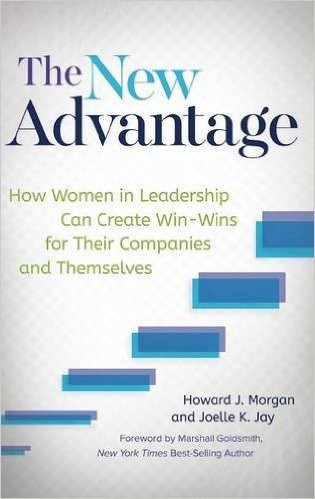5 Reasons Why Companies Should Give Back
On the surface, running a business may seem simple. Products are created and sold to customers, expenses are paid, and profits are tallied up. However, the process is much more nuanced than that. While establishing a relationship with the community is not required, it can play an important role in determining how successful a business is. Taking the time to build a positive relationship with the community can be an excellent way to establish a good reputation and promote positive word of mouth. Giving back can also improve employee morale and encourage a positive culture in the workplace.
1. Establish a Positive Workplace Culture
Providing a safe, comfortable work environment is something that many entrepreneurs strive for. However, the management style, personality of the workers, and expectations placed onto staff members also contribute to the workplace culture. Toxic workers, impossible goals, and unfair distribution of work can all create a poor environment. Even if a company has fantastic managers and workers, employees may not feel completely fulfilled. From high-level management experts like Claire Lucas DC who are passionate about equality to entry-level workers who want to foster animals, most people want to do something to help the world.
Inviting staff members to contribute ideas about what causes they care about can help business owners figure out what is important to workers. If many of the workers are ardent environmentalists, then perhaps scheduling everyone to participate in cleaning up a beach once a month could be a big hit. While giving workers a few days off to volunteer may seem counterproductive, there are many studies that show a correlation between employee happiness and an increase in daily productivity.
2. Benefit the Community
While the people who live in a community may want or need certain things, they may be at a loss about how to get them. A company can provide some of the funding and use its large platform to advertise to a wide audience. Even though it may cost the company money to allow workers to volunteer, donate money to a charity event, or organize a fundraiser, the benefit to the community can make the effort worthwhile. Whether the company is able to make a difference on a local level or a global scale, many people will be able to benefit. A business that contributes towards the construction of a public park may not reap profits from the new space, but the employees and community members can use the area to exercise, socialize and play games.
3. Foster Feelings of Public Goodwill
Companies, especially large ones, can sometimes be perceived as uncaring by consumers. Unlike the local shop where the owner is often behind the counter, a large corporation can appear faceless to customers. Giving back is an excellent way to create feelings of warmth, admiration, and appreciation in the general public. A positive reputation can result in an increase in customer loyalty, even if prices go up in the future. A company with a positive reputation can enjoy more sales from happy customers.
4. Promote Brand Awareness
Often, if a company contributes to a cause, the name of the business is featured somewhere. Pamphlets and banners at events may feature the names of any sponsors, while charities may list their donors on a website page. Current and future customers may notice the name of the company, especially if the contribution made is notable, such as a large dollar amount or a flashy, unique prize won at a raffle. Companies that give back also enjoy good word of mouth among consumers. If people are impressed that a business supports a cause they agree with, they are more likely to not only support that company but to share that information with others.
5. Networking Opportunities
Charity events often appeal to local philanthropists, local celebrities, and business owners. Hosting or attending a notable event is an excellent way for business owners to meet other like-minded people. The opportunities for networking are limitless as long as it is done correctly. The business owners should not make it appear as if they are only present to meet people who may benefit them. However, they should be sociable and friendly with everyone they encounter, which will leave a good impression on all of the attendees. Business cards can be handed out and asked for in return in the hopes of sending an email or making a follow-up phone call after the event.
When a business gives back to the community in any way, the benefits are numerous. The charity selected should be as free from scandal as possible and provide a valuable service to the community or the world. As long as the cause and charities are carefully selected and align with the company culture and vision, then the business can provide support through donations and volunteer time while also generating goodwill.


 While many organizations publish value statements, they tend to be rather general and lofty, indistinguishable for those of most other organizations. Other organizations have no values statement at all. Either circumstance makes it difficult for cultural analysts to divine where on the each value’s spectrum the organization resides and to ascertain the alignment between individual organizational groups to the values because of this lack of definition specificity.
While many organizations publish value statements, they tend to be rather general and lofty, indistinguishable for those of most other organizations. Other organizations have no values statement at all. Either circumstance makes it difficult for cultural analysts to divine where on the each value’s spectrum the organization resides and to ascertain the alignment between individual organizational groups to the values because of this lack of definition specificity.
 Most leaders would likely answer “yes.” Yet every day in corporate America, business leaders neglect to take the steps that would give them a competitive edge.
Most leaders would likely answer “yes.” Yet every day in corporate America, business leaders neglect to take the steps that would give them a competitive edge.  Mehran Assadi serves as president and chief executive officer of
Mehran Assadi serves as president and chief executive officer of